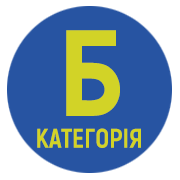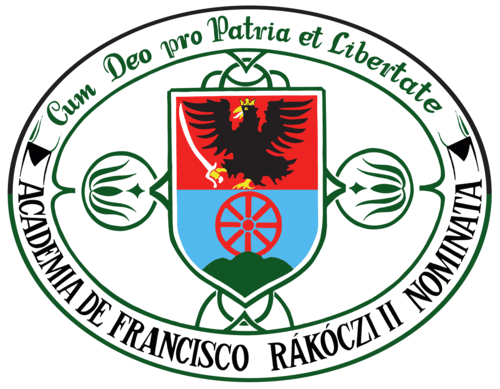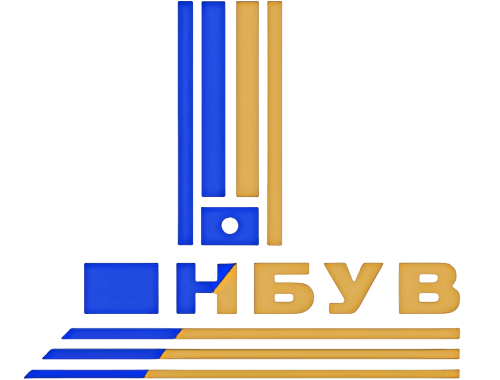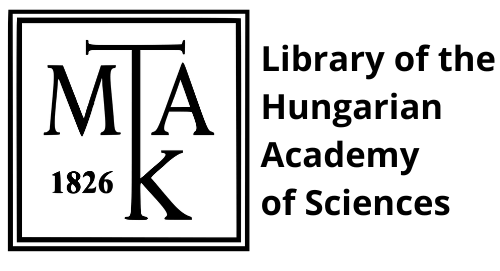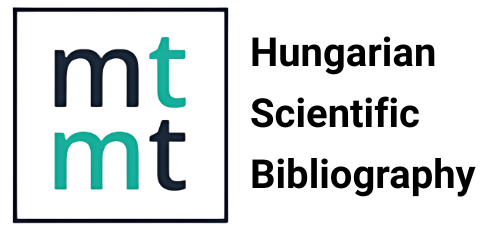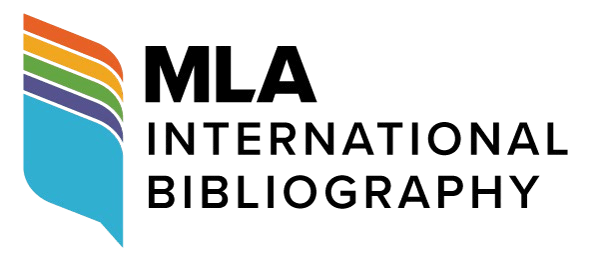Current language pedagogy issues in Transcarpathia
DOI:
https://doi.org/10.58423/2786-6726/2022-2-219-232Keywords:
foreign language teaching, secondary education, tertiary education, Transcarpathia, current language pedagogy issues, positive effects of pandemicAbstract
The aim of this paper is to outline the current situation of foreign language teaching in Transcarpathia and to present the current issues in language pedagogy in our region. In order to understand the present, we need to know the past, so we will first say a few words about foreign language teaching in Transcarpathia before 1991, i.e. what foreign language (FL) teaching was like before Ukraine became independent. In the early 2000s, the country underwent a reform in the teaching of FL, the main change being that children started learning a FL at the age of seven, three years earlier than before. In 2004, the first comprehensive research on language pedagogy in Transcarpathia was carried out, which assessed the situation in English language teaching at that time. In our study we draw a parallel between the situation 18 years ago and the present, pointing out changes and differences. We describe in more detail the current situation of foreign language teaching in Transcarpathia, and then address one of the most topical issues, the Advanced Level Foreign Language Examination (ZNO), and why in 2022, no such examination will be offered to school-leavers. The research team of the Ferenc Rákóczi II Transcarpathian Hungarian College of Higher Education investigated distance learning in the quarantine situation due to COVID-19 in 2020, the effects of online education on the quality of teaching, the attitudes of teachers and learners, instructors and students towards digital education. A survey of secondary school children showed that although most of them had problems with online learning, their attitudes to learning were serious, they had developed their digital skills to a large extent, although some became demotivated as a result of online learning. Nevertheless, they have developed learner autonomy, which continues to help them to learn independently (Fábián, Huszti, Lechner and Bárány, 2021). At the end of the study, we summarise the impact of the pandemic on language learning in higher education in Transcarpathia. We can say that the most significant positive outcome of online education is that both teachers and students have greatly improved their digital skills and gained new technological knowledge that they can easily use in the future (Bárány, Fábián, Lechner and Huszti, 2022).
References
Bárány Erzsébet – Fábián Márta – Lechner Ilona – Huszti Ilona 2022. A 2020. évi tavaszi és őszi távoktatás a Rákóczi-főiskolán: Tapasztalatok, vélemények, tanulságok. In: [Spring and autumn 2020 distance learning at Rákóczi University: Experiences, opinions, lessons learned]. Karmacsi Zoltán, Márku Anita és Tóth-Orosz Enikő szerk. Mozaikok a magyar nyelvhasználatból: Tanulmányok a Hodinka Antal Nyelvészeti Kutatóközpont kutatásaiból. [Mosaics from the use of the Hungarian language: Studies from the research of the Antal Hodinka Linguistic Research Center]. Törökbálint: Termini Egyesület. 135–151. o. (In Hungarian).
CEFR – Common European framework of reference for languages: Learning, teaching, assessment 2001. Cambridge: Cambridge University Press.
Fábián Márta – Huszti Ilona – Lizák Katalin 2005. Az angol nyelv oktatásának helyzete Kárpátalja magyar tannyelvű iskoláiban. [The situation of English language education in the Hungarian-language schools of Transcarpathia]. Közoktatás [Public Education] 12/1: 4–8. o. (In Hungarian).
Fábián, Márta – Huszti, Ilona – Lechner, Ilona – Bárány, Erzsébet 2021. Distance language learning as school learners perceive it. Messenger of Kyiv National Linguistic University. Pedagogy and Psychology Series, 35: pp. 31–42.
Hires, Emőke – Fábián, Márta 2004. English with you and me. Ungvár: PoliPrint.
Huszti, Ilona 2009. The use of learner reading aloud in the English lesson: A look at the micro and macro levels of oral reading. Ungvár: PoliPrint.
Huszti Ilona 2015. A kárpátaljai nyelvpedagógia elmúlt tíz éve az empíria jegyében (Az idegen nyelvek oktatása terén történt változások, különös tekintettel az angolra). [The past ten years of Transcarpathian language pedagogy have been in the spirit of empiricism (Changes in the field of foreign language education, with particular attention to English)]. LIMES, 2: 71–91. o. (In Hungarian).
Huszti Ilona 2020. Az ukrajnai idegen nyelvi tanterv. [The Ukrainian foreign language curriculum]. Modern Nyelvoktatás [Modern Language Education] 26/1–2: 101–121. o. (In Hungarian).
Huszti Ilona szerk. 2004. Idegennyelv-oktatás kisebbségi környezetben. [Foreign language education in a minority environment]. Ungvár: PoliPrint. (In Hungarian).
Huszti Ilona – Dudics Lakatos Katalin 2021. Az online oktatás Kárpátalján: Tapasztalatok és következmények. [Online education in Transcarpathia: Experiences and consequences]. In: Istók Béla és Simon Szabolcs szerk. Online oktatás – kontaktoktatás: Edukációs folyamatok és a Covid19. [Online education - contact education: Educational processes and Covid19]. Komárom: Selye János Egyetem. 97–106. o. (In Hungarian).
Huszti, Ilona – Fábián, Márta – Bárányné Komári, Erzsébet 2009. Differences between the processes and outcomes in third graders’ learning English and Ukrainian in Hungarian schools of Beregszász. In: Nikolov, Marianne ed. Early learning of modern foreign languages: Processes and outcomes. Bristol: Multilingual Matters, pp. 166–180.
Huszti, Ilona – Fábián, Márta – Lechner, Ilona – Bárány, Erzsébet 2021a. Assessing language learners’ knowledge and performance during COVID-19. Central European Journal of Educational Research 3/2: pp. 38–46. DOI: https://doi.org/10.37441/cejer/2021/3/2/9245
Huszti, Ilona – Fábián, Márta – Lechner, Ilona – Bárány, Erzsébet 2021b. A távoktatás tapasztalatai egy kérdőíves felmérés tükrében. [Experiences of distance education in the light of a questionnaire survey]. LIMES 8: 201–218. o. (In Hungarian).
Huszti, Ilona – Fábián, Márta – Lechner, Ilona – Bárány, Erzsébet – Kacsur, Annamária 2021. Language teaching and learning in tertiary education in the time of a pandemic. In: Shaffer, David and Kimball, Jim eds. Re-envisioning ELT altogether, all together. Proceedings of the 28th Korea TESOL International Conference – 2021. Seoul: Korea TESOL, pp. 73–84.
Lechner Ilona – Fábián Márta – Bárány Erzsébet – Huszti Ilona 2022. Távoktatási sajátosságok a felsőoktatásban. Előadás a 13. Taní-Tani konferencián „Értékteremtés – kihívások a pedagógiában, gyógypedagógiában és a tanárképzésben”. [Peculiarities of distance education in higher education. Presentation at the 13th Taní-Tani conference "Creating value - challenges in pedagogy, special pedagogy and teacher training"]. 2022. február 4. Miskolc: Miskolci Egyetem (In Hungarian).
Lechner, Ilona – Huszti, Ilona – Bárány, Erzsébet – Fábián, Márta 2022. Motivierungsstrategien zum Fremdsprachenlernen im Tertiärbereich während der Pandemie. [Strategies to motivate foreign language learning in tertiary education during the pandemic]. Inozemni movy [Foreign Languages] 28/1: 29-34. DOI: https://doi.org/10.32589/1817-8510.2022.1.257876 (In German).
Downloads
Published
How to Cite
Issue
Section
License
Authors retain copyright and grant the journal the right of first publication. The work is simultaneously licensed under a Creative Commons Attribution 4.0 International License (CC BY 4.0), which permits others to share the work with appropriate credit given to the author(s) and the initial publication in this journal.

